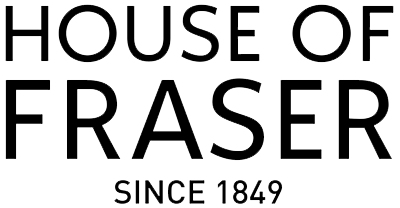
Ever wondered why a business can go from the most popular to forgotten in less than a year? Consider a brand that you are probably thinking of right now, and wonder why they started by delivering a seamless customer experience, but then ended up by not only screwing up your order badly, but then failing to put it right, well or at all.
Brands are born with a vision
In the service industries of course, companies have an inexhaustible number of opportunities to really mess up but right at the top of the list is the founder and/or CEO. If the brand is synonymous with their vision, then look what happens when the founder sells out, or leaves, or loses focus, or gets side lined by the VCs or activist shareholders. It’s not for me to ponder on whether Julian Dunkerton should get control back at Superdry, but you can see that it is the soul of the brand that is at stake in all the current goings on.
Strength of founder spirit
People who work in brand consultancy have always known this, but only now is it becoming clearer just how important it is that the spirit of the founder imbues the ethos and culture of the organisation profoundly and sustainably. A company’s success can turn on a charismatic founder for only so long, given the rate at which they move on in some industries.
For instance, why are the founders of so many companies in my sector, retail tech, happy to publicly declare that their ambition is an exit in three years. Why would you tell anyone that, people who may be nervous about making a commitment to your solutions, or attracted to you because of the founder’s vision?
Loss of vision and direction
So who speaks truth to power? A diverse range of stakeholders with different ambitions combined with a quirky but fascinating and media-friendly founder are unlikely to agree on the essential need to keep the show on the road in a way that keeps customers coming back for more. Consider the sheer number of businesses that have lost their way since the founder left or lost interest.
Culture of empowerment
All of which is to say that there is no easy answer to the problem. This is more than simple succession planning. One major clue is looking again at how staff are empowered. They may well be loved up on the company culture, but if they are not empowered to act in the face of a potentially bad customer experience, then it’s all to naught. Some retailers allow their customer service people to spend up to £500 to fix a problem and make sure the customer isn’t lost. Others have strict rules on compensation and give their staff so little room for manoeuvre that they have no choice but to upset the customer.
While we are now talking about creating the employee of the future in retail and brands, let’s not just talk about what tech tools to give them, but about the power we are prepared to give them to keep delivering on the founder’s original promise.


















